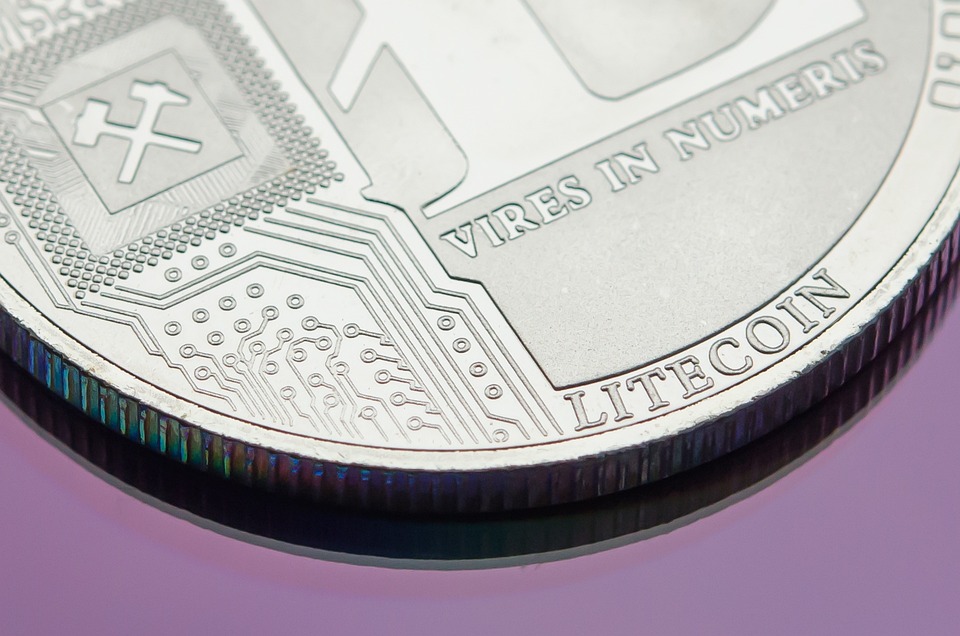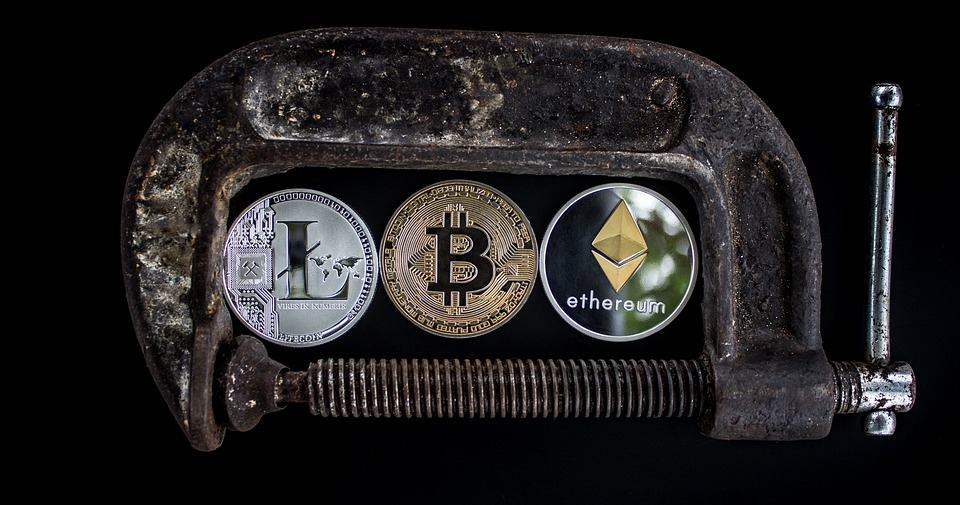Decentralization, the distribution of power and decision-making authority away from a central authority or group, is a concept that is transforming industries across the globe. This shift from centralized control to a more distributed model is impacting everything from finance and technology to healthcare and education. The rise of blockchain technology, peer-to-peer networks, and decentralized autonomous organizations (DAOs) are all examples of how decentralization is reshaping industries in new and innovative ways.
One industry that is experiencing significant disruption due to decentralization is finance. Traditionally, financial institutions like banks and credit card companies have held a monopoly on the flow of money. However, with the emergence of cryptocurrencies like Bitcoin and Ethereum, individuals now have the ability to send money directly to each other without the need for a centralized intermediary. This has the potential to revolutionize the way we conduct transactions and manage our finances, shifting power and control away from traditional financial institutions.
Similarly, the technology industry is also undergoing a transformation due to decentralization. The advent of decentralized applications (dApps) and blockchain technology has enabled a new paradigm of peer-to-peer interaction, where users can directly interact with each other without the need for a central server. This has the potential to disrupt traditional tech giants like Google and Facebook, who have long held control over user data and access to information. Decentralization is giving rise to a more transparent and user-centric model of technology that empowers individuals to take control of their own data and online interactions.
In the healthcare industry, decentralization is opening up new possibilities for patient care and medical research. Telemedicine platforms and decentralized health records are streamlining the delivery of healthcare services and giving patients more autonomy over their own health data. Additionally, blockchain technology is being used to secure and authenticate medical records, ensuring the privacy and security of patient information. Decentralization in healthcare has the potential to reduce costs, improve access to care, and ultimately empower patients to take a more active role in their own health.
Education is another industry that is being transformed by decentralization. Online learning platforms and decentralized credentialing systems are making education more accessible and affordable for learners around the world. By removing barriers to entry and decentralizing the control of educational content, students are able to access high-quality resources and pursue their interests outside of traditional academic institutions. Decentralization in education is empowering individuals to take control of their own learning journey and customize their education to suit their needs and interests.
The power shift towards decentralization is not without its challenges. Issues such as regulatory compliance, scalability, and governance will need to be addressed as industries continue to embrace decentralization. However, the benefits of decentralization are clear – increased transparency, efficiency, and autonomy for individuals and communities. As industries continue to adapt to this new paradigm, we can expect to see a more democratized and inclusive economy that empowers individuals to participate and make decisions in ways that were previously unimaginable. The future is decentralized, and the possibilities are endless.




